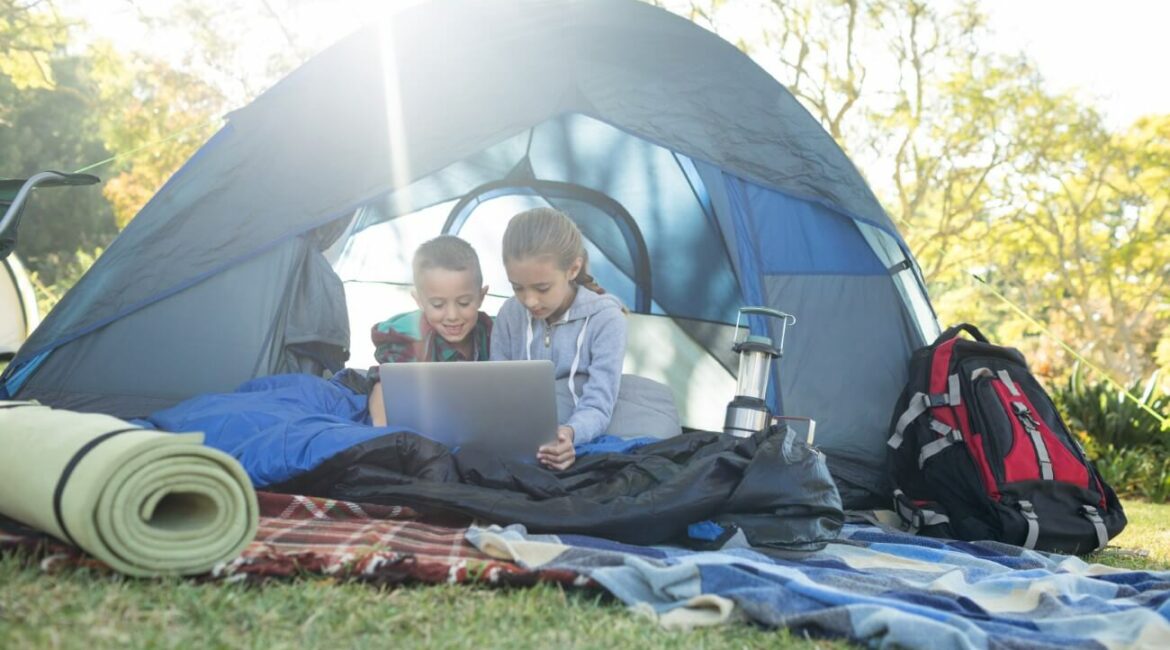Hey there, fellow adventurers! It’s your ol’ pal Darren. Just as I adore the thrill of setting up camp under both sunlit meadows and starry deserts, I equally enjoy the tech realm’s version of it – setting up my computer to boot both Windows and Linux. Trust me, the experience is just as exhilarating (well, in a nerdy kind of way).
If you’ve ever thought about dabbling in the Linux world while still keeping your familiar Windows setup, you’re in the right place. Ready to take the plunge? Let’s set up that dual-boot camp!
1. Preparations: Before Setting Off
- Backup Your Data: Just as you’d safeguard your camping gear, backup all vital data before you begin. Unexpected things can happen!
- Download a Linux Distro: Much like choosing a camping spot, pick a Linux flavor (or “distribution”). Ubuntu and Fedora are great starting points.
- Create a Bootable USB: This will be your pathway into the Linux world. Think of it as your RV’s key.
2. Make Room for the New Camper: Partitioning
In the world of dual-booting, partitioning is akin to choosing the right spot for your tent:
- Boot into Windows and search for “Disk Management.”
- Shrink your existing Windows partition to create unallocated space for Linux.
- You’ll need at least 20GB – consider it the minimal campsite space for our Linux tent.
3. Setting Up Camp: Installing Linux
- Plug in your bootable USB and restart your PC.
- Boot from the USB (might require a key press like F12 or F2 during startup).
- Follow the Linux installation prompts. When asked about installation type, choose “Install alongside Windows” or “Something else” to manually select the unallocated space.
- Complete the installation process.
4. Camp Maintenance: The Boot Loader
The bootloader is like the camp’s activity schedule, deciding which operating system to boot:
- Linux installations typically come with the GRUB bootloader.
- On startup, you’ll see a menu to choose between Windows and Linux.
5. Exploring the Surroundings: Enjoying Both OSs
- Boot into Linux, explore, and set it up.
- Restart anytime to switch back to Windows.
FAQs: Dual-Booting Windows and Linux
Is it risky to dual-boot? While generally safe, there’s always a slight risk when altering your system. Always backup essential data first – it’s like having a safety net while hiking.
Does dual-booting affect performance? No, each operating system runs independently. It’s like asking if your RV will be slower if you bring both a tent and a hammock. They don’t interfere with each other.
Can I remove Linux if I change my mind? Absolutely! Just like leaving a campsite, you can pack up (uninstall Linux) and restore your bootloader to Windows-only.
Why should I consider dual-booting? It gives you the best of both worlds! Like enjoying both the coziness of a campfire and the luxury of your RV.
Think of dual-booting as setting up two campsites side by side. It can be a tad tricky at first, but oh, the adventures you’ll have! Remember, it’s not just about the destination, but also the journey. Happy computing and camping, Darren.
- Transform Your Health with Medford Medical Weight Loss Program - June 9, 2025
- A Chat with Nate and Mika, Christian Wedding Photographers - July 18, 2024
- Ultimate Guide To Playing Online Casinos - May 27, 2024









